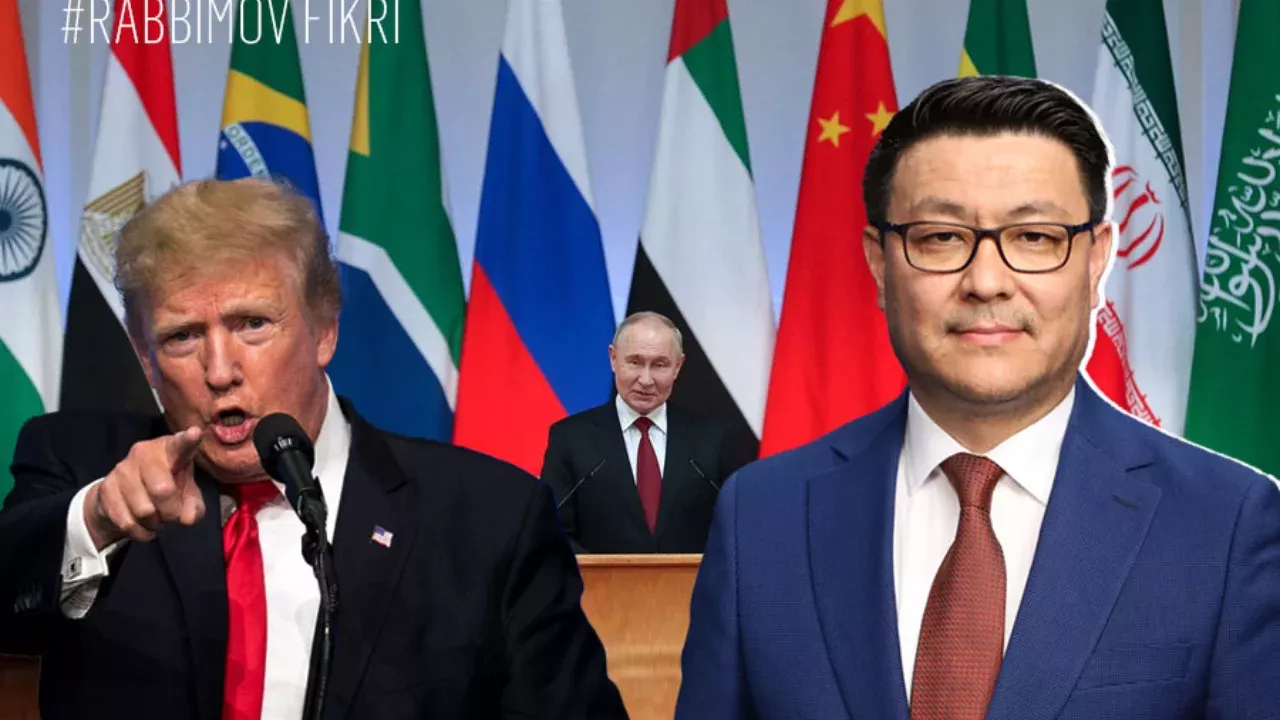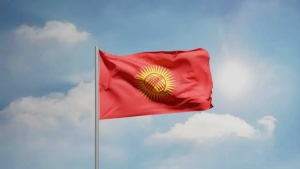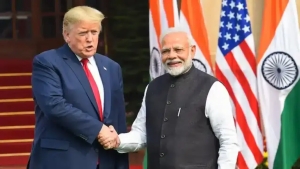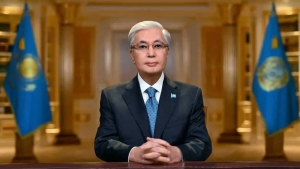The BRICS-plus summit discussed US sanctions

On July 6-7, the next summit of the BRICS-plus organization took place in Rio de Janeiro, Brazil. This was reported by Zamin.uz.
During this summit, US President Donald Trump indicated that strict sanctions and tariffs could be imposed against the member states of BRICS. Trump's policy clearly demonstrates his isolationist stance, as he seeks to reduce the global responsibilities and expenses of the US.
At the same time, he expresses a sharp attitude towards BRICS, indicating his concern about the growth and strengthening of this organization. The BRICS organization is emerging as an alternative to the economic and political hegemony of Western countries.
Western civilization has held a leading position in the world for the last five centuries, with the industrial revolution and technological innovations originating in this region. However, in the 20th century, the disintegration of colonial empires began, and new powers, particularly in Asia, Africa, and Latin America, started to develop.
Today, BRICS member states, particularly China, India, South Africa, and Brazil, are showing significant economic growth and are solidifying their positions in the global economy. After World War II, the US became the economic and military center of the world.
As a result, international relations and trade systems have been shaped based on US rules. However, the BRICS-plus organization is striving to break away from Western economic and geopolitical hegemony and create its independent system.
Their goal is not to overthrow the West but to ensure their economic and political independence. The US is applying sanctions, tariffs, and other economic pressures against the development of BRICS.
This is leading to violations of the rules of international trade organizations. Until now, the US has been fighting to maintain its hegemony instead of accepting a multipolar world.
This policy is currently ongoing. A multipolar world is forming, and no one can stop this process.
For Central Asia and Uzbekistan, organizations like BRICS-plus are of significant importance in strengthening economic multipolarity. At the same time, it is necessary to carefully manage relations with Russia and China, as they are states with their political agendas.
In conclusion, Central Asian countries should pay special attention to cooperation and integration to enhance their political and economic independence. It is important to develop strong strategies and implement them effectively.
The BRICS-plus organization plays a crucial role in developing a new multipolarity in global politics.







